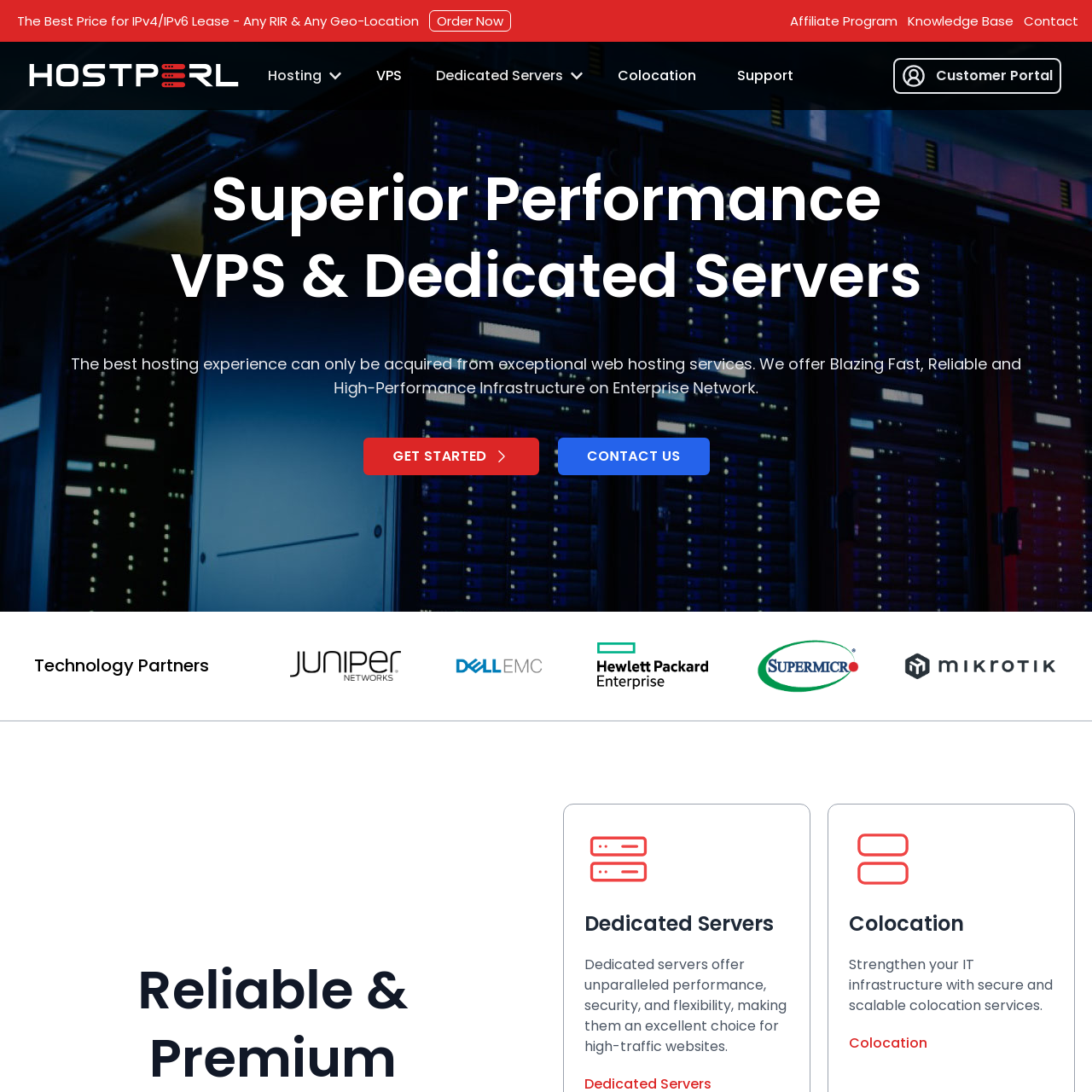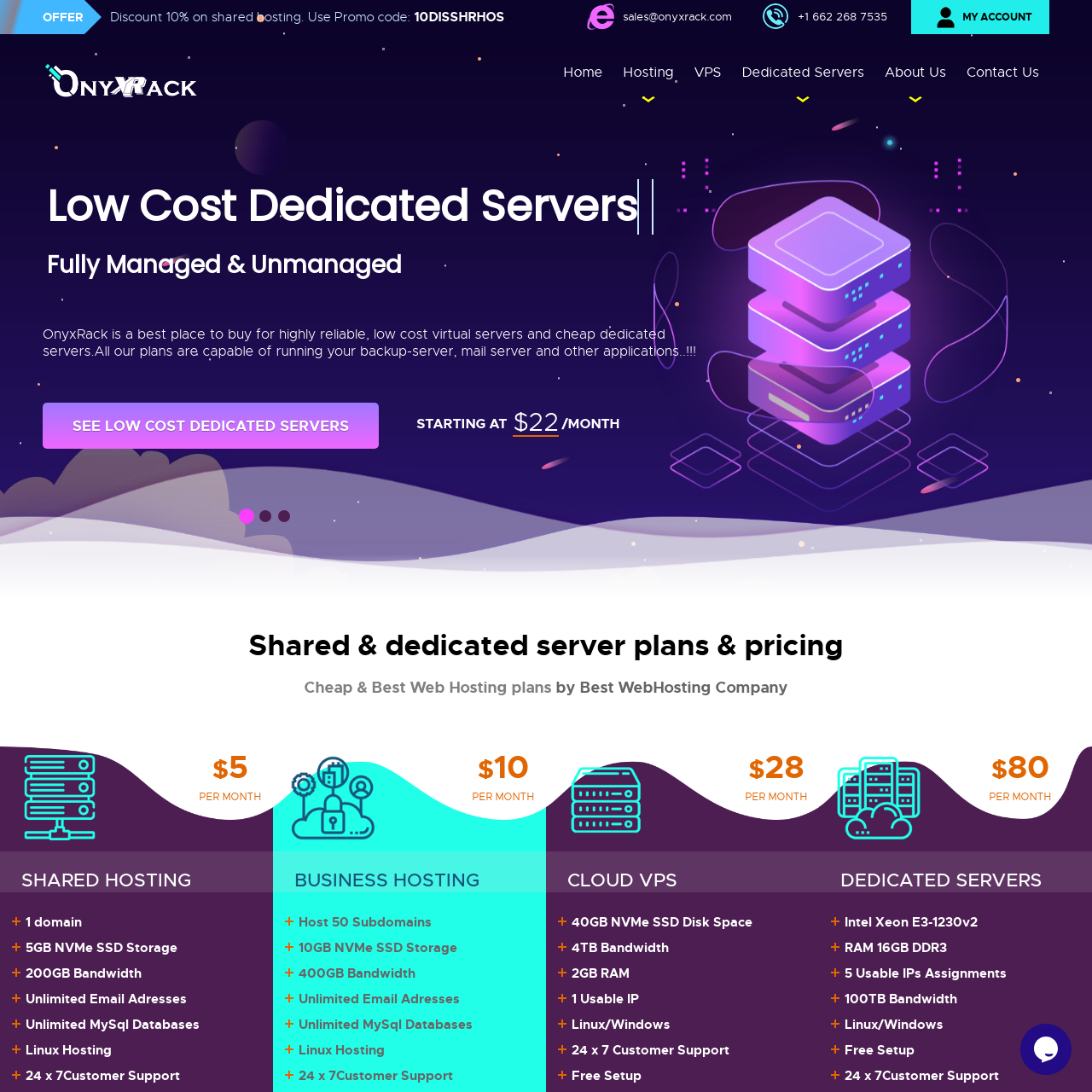08-22-2024, 01:37 AM
In today’s digital age, privacy and security are paramount concerns for internet users. One tool that has gained popularity for enhancing online privacy is the anonymous proxy. This article delves into what anonymous proxies are, how they work, their benefits, and the different types available.To get more news about anonymous proxy, you can visit ip2world.com official website.
What is an Anonymous Proxy?
An anonymous proxy is a server that acts as an intermediary between a user’s device and the internet. When a user connects to the internet through an anonymous proxy, their IP address is hidden, and the proxy server’s IP address is used instead. This helps to mask the user’s identity and location, providing a layer of anonymity.
How Do Anonymous Proxies Work?
When a user sends a request to access a website, the request is first routed through the anonymous proxy server. The proxy server then forwards the request to the target website on behalf of the user. The website’s response is sent back to the proxy server, which then relays it to the user. Throughout this process, the user’s IP address remains hidden, and only the proxy server’s IP address is visible to the target website.
Benefits of Using Anonymous Proxies
Enhanced Privacy: By masking the user’s IP address, anonymous proxies help protect their online identity and prevent tracking by websites, advertisers, and other third parties.
Bypassing Geo-Restrictions: Anonymous proxies can be used to access content that is restricted based on geographic location. For example, users can access streaming services, social media platforms, and websites that may be blocked in their region.
Improved Security: Anonymous proxies can provide an additional layer of security by hiding the user’s IP address and encrypting their internet traffic. This can help protect against cyber threats such as hacking and surveillance.
Avoiding Censorship: In regions where internet censorship is prevalent, anonymous proxies can help users bypass restrictions and access information freely.
Types of Anonymous Proxies
HTTP Proxies: These proxies are designed to handle HTTP requests and are commonly used for web browsing. They can cache web pages to improve loading times and reduce bandwidth usage.
HTTPS Proxies: Similar to HTTP proxies, HTTPS proxies handle encrypted HTTP requests. They provide an added layer of security by encrypting the user’s internet traffic.
SOCKS Proxies: SOCKS proxies operate at a lower level than HTTP and HTTPS proxies and can handle various types of internet traffic, including web browsing, email, and file transfers. They are versatile and can be used for a wide range of applications.
Transparent Proxies: These proxies do not hide the user’s IP address and are often used for content filtering and caching. They are not suitable for users seeking anonymity.
Elite Proxies: Also known as high-anonymity proxies, elite proxies provide the highest level of anonymity by completely hiding the user’s IP address and not revealing that a proxy is being used.
Considerations When Using Anonymous Proxies
While anonymous proxies offer numerous benefits, there are also some considerations to keep in mind:
Speed and Performance: Using a proxy server can sometimes result in slower internet speeds due to the additional routing of traffic. The performance of the proxy server can also impact the user’s browsing experience.
Trustworthiness: Not all proxy servers are trustworthy. Some may log user activity or inject ads and malware into the user’s traffic. It is essential to choose reputable proxy providers to ensure privacy and security.
Legal and Ethical Implications: Using anonymous proxies to bypass geo-restrictions or access blocked content may violate the terms of service of certain websites and services. Users should be aware of the legal and ethical implications of using proxies.
Compatibility: Some websites and online services may block access from known proxy servers. Users may need to switch to different proxies or use other methods to access such content.
Conclusion
Anonymous proxies are valuable tools for enhancing online privacy, bypassing geo-restrictions, and improving security. By understanding how they work and the different types available, users can make informed decisions about using proxies to protect their online identity. However, it is crucial to consider the potential drawbacks and choose reputable proxy providers to ensure a safe and secure browsing experience.
What is an Anonymous Proxy?
An anonymous proxy is a server that acts as an intermediary between a user’s device and the internet. When a user connects to the internet through an anonymous proxy, their IP address is hidden, and the proxy server’s IP address is used instead. This helps to mask the user’s identity and location, providing a layer of anonymity.
How Do Anonymous Proxies Work?
When a user sends a request to access a website, the request is first routed through the anonymous proxy server. The proxy server then forwards the request to the target website on behalf of the user. The website’s response is sent back to the proxy server, which then relays it to the user. Throughout this process, the user’s IP address remains hidden, and only the proxy server’s IP address is visible to the target website.
Benefits of Using Anonymous Proxies
Enhanced Privacy: By masking the user’s IP address, anonymous proxies help protect their online identity and prevent tracking by websites, advertisers, and other third parties.
Bypassing Geo-Restrictions: Anonymous proxies can be used to access content that is restricted based on geographic location. For example, users can access streaming services, social media platforms, and websites that may be blocked in their region.
Improved Security: Anonymous proxies can provide an additional layer of security by hiding the user’s IP address and encrypting their internet traffic. This can help protect against cyber threats such as hacking and surveillance.
Avoiding Censorship: In regions where internet censorship is prevalent, anonymous proxies can help users bypass restrictions and access information freely.
Types of Anonymous Proxies
HTTP Proxies: These proxies are designed to handle HTTP requests and are commonly used for web browsing. They can cache web pages to improve loading times and reduce bandwidth usage.
HTTPS Proxies: Similar to HTTP proxies, HTTPS proxies handle encrypted HTTP requests. They provide an added layer of security by encrypting the user’s internet traffic.
SOCKS Proxies: SOCKS proxies operate at a lower level than HTTP and HTTPS proxies and can handle various types of internet traffic, including web browsing, email, and file transfers. They are versatile and can be used for a wide range of applications.
Transparent Proxies: These proxies do not hide the user’s IP address and are often used for content filtering and caching. They are not suitable for users seeking anonymity.
Elite Proxies: Also known as high-anonymity proxies, elite proxies provide the highest level of anonymity by completely hiding the user’s IP address and not revealing that a proxy is being used.
Considerations When Using Anonymous Proxies
While anonymous proxies offer numerous benefits, there are also some considerations to keep in mind:
Speed and Performance: Using a proxy server can sometimes result in slower internet speeds due to the additional routing of traffic. The performance of the proxy server can also impact the user’s browsing experience.
Trustworthiness: Not all proxy servers are trustworthy. Some may log user activity or inject ads and malware into the user’s traffic. It is essential to choose reputable proxy providers to ensure privacy and security.
Legal and Ethical Implications: Using anonymous proxies to bypass geo-restrictions or access blocked content may violate the terms of service of certain websites and services. Users should be aware of the legal and ethical implications of using proxies.
Compatibility: Some websites and online services may block access from known proxy servers. Users may need to switch to different proxies or use other methods to access such content.
Conclusion
Anonymous proxies are valuable tools for enhancing online privacy, bypassing geo-restrictions, and improving security. By understanding how they work and the different types available, users can make informed decisions about using proxies to protect their online identity. However, it is crucial to consider the potential drawbacks and choose reputable proxy providers to ensure a safe and secure browsing experience.








